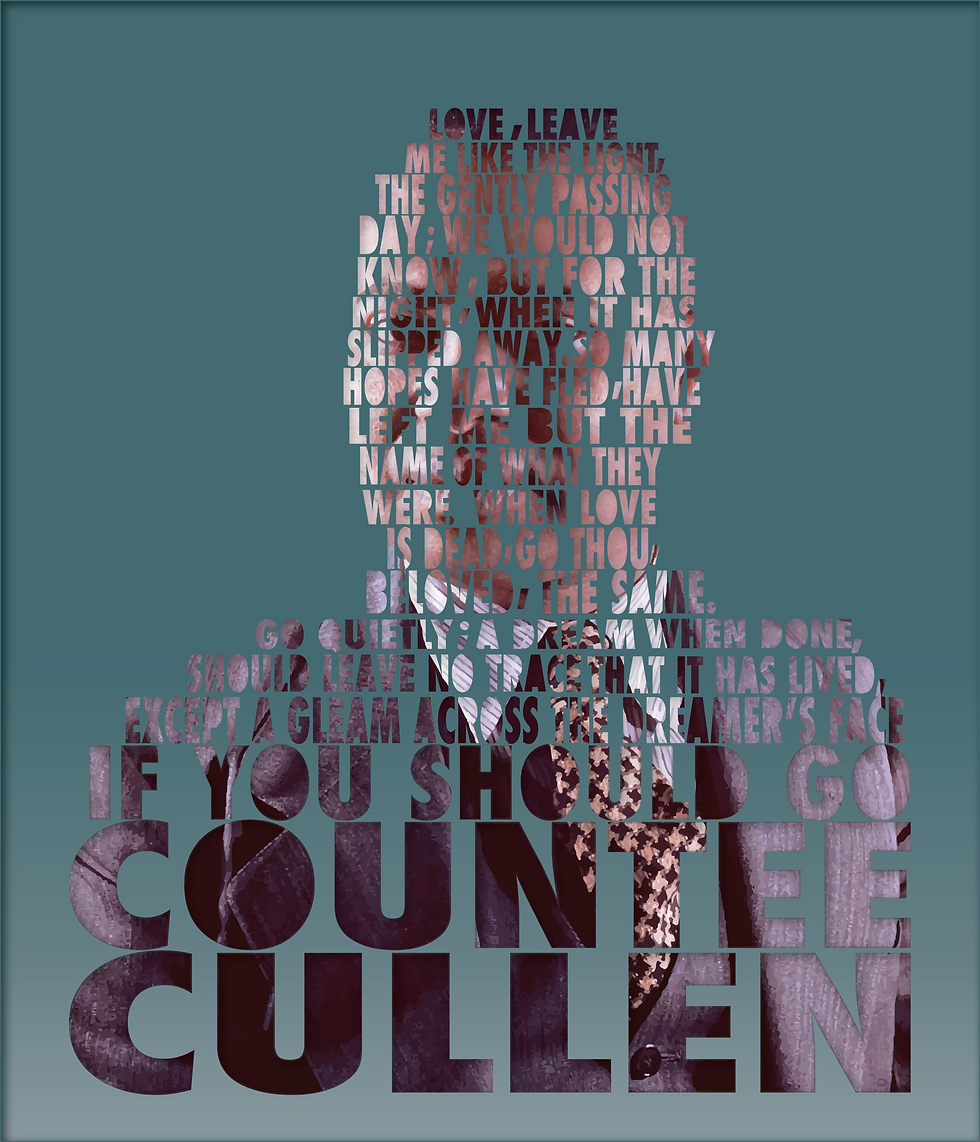Historically Unheard- George Moses Horton
- poetryunheard
- Feb 17, 2021
- 2 min read
Updated: Aug 1, 2022
George Moses Horton has been known as the "Black Bard of North Colina", he would compose poems in his mind, as he learnt to create poetry before learning to transcribe it on paper; truly a testimony to the essence of the universality of poetry. His use of poems as social commentary still feels raw. When reading Weep a shiver goes down my spine at the resonance I can see in the world around me. We decided to include this poem in the collection in June 2020, but over the course of the American election, his words kept playing on my mind, and I am so glad this poem is part of this collection.

In 1798, George Horton was born into slavery in North Carolina. Sadly, much of the biographical information about George Horton's life are missing: the name of his parents, details about his family life and how and where he died, but his words and how he used them lives on.
The brilliant video created by Nicki Lang ties the events that George Horton lived through to the events that we have been living and witnessing in very recent history. The images speak for themselves, as do Horton's words.
For me, the following lines stand out, at a time when kindness seems to be dwindling. Are we all becoming snakes?
Who fell beneath the hatchet of their pride,
Then like the serpent bit themselves and died!
The concept of us and our government as snakes, who's own pride leads to death, feels like a perfect metaphor for the unraveling we saw leading up to, during, and after the most recent American election. But, outside of this poem and in Horton's life we can see the strength and determination he had. His first collection of poetry was written in the hope that it would raise enough money to buy his freedom. But sadly, this was unsuccessful and he was not emancipated until 1865. From there, he emigrated to Philadelphia, and then Liberia, then we loose track of him. The precise date and location of Horton's death are unknown.

Of course, these missing details cannot be seen as simply a slip of History. Many people's stories, voices and fights for justice have been purposely removed from our common history. Horton's fight for justice, like the others in this collection and thousands of other Black Americans cannot remain hidden and unheard. In these stories we find strength, art and beauty. We find role models and complex characters. Without these we are all left without icons and heroes, we cannot see the full picture and we will never understand where we have come from. We are lucky to be left with Horton's words, which are part of his experience. The next step is to make the bard of North Carolina as well known as all the other bards.








Comments